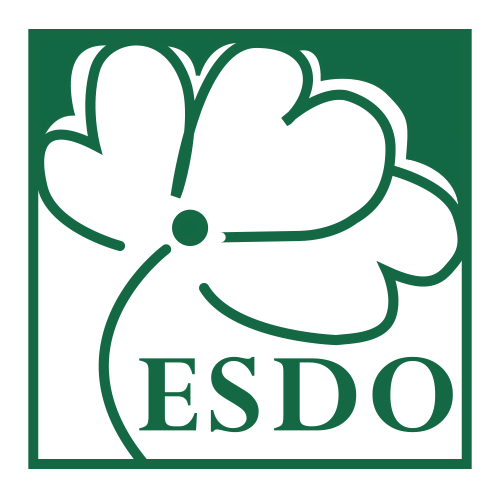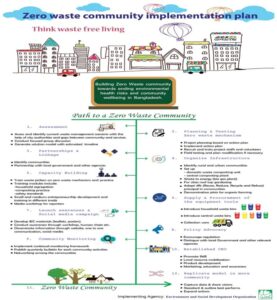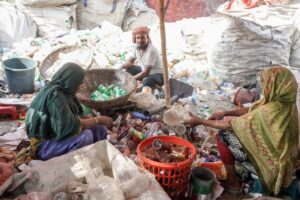Mercury is a potential neurotoxin that damages the brain, nervous system, kidneys, and liver. It is highly persistent in the environment due to this characteristic being widely distributed in the environment. As it is a slow poisoning, so initially not visible to take necessary steps to minimize the health impact. Mercury is used as a raw material for several products in numerous industries. However, it is high time to stop the use of toxic chemical that is harming our health as well as the environment. For that purpose, a global treaty named Minamata Convention was developed in 2013 which is working to prevent the use of mercury on the planet. 137 countries have joined the convention as a party and are committed to preventing the use of mercury. Bangladesh signed the treaty on October, 10 in 2013. The Department of Environment conducted an initial assessment report in 2019 ahead of ratification. Other signatories including Bangladesh also looking forward to the ratification and proceeding toward a complete phase-out. Among the other sources, mercury in dentistry is considered as a potential source because of the direct health impact. Mercury dental filling has also become one of the major focuses of the Minamata Convention.
ESDO is an active observer of the convention since the beginning and advocating to prevent the use of mercury in the dentistry of Bangladesh. Bangladesh Dental Society (BDS) was an active companion and a major stakeholder. The Dental Society (BDS), has already stopped using mercury amalgam for children and pregnant women. Several steps have been taken; numerous achievements have been received in this journey. According to a study conducted by ESDO, 95.70% of registered dentists are mercury-free. Alternatives of mercury amalgam are available in the market. Phase out mercury from dentistry is now a need of time. To proceed with the ratification of the pre-requisite is to stop the import of mercury. Import usually occurred through the informal sector. The survey was designed to visualize the current situation of mercury availability or the inventory status of mercury in Bangladesh. The survey is expected to show the real scenario of the mercury.
The main objectives of the project are as follows:
- Create mass awareness and policy guideline for mercury-free dentistry in South Asia (Bangladesh, Pakistan, Nepal, Bhutan, India: West Bengal and Assam)
- To disseminate information and massage to create mass awareness on harmful effects of Hg dental amalgam
- Mass awareness through consultation, rally, film show, school awareness, media campaign
- Visualize the impact of mercury dental amalgam on human health and environment
- Inform to the audience on safe and affordable alternatives
- To develop a guideline for management and recovery of Hg dental amalgam
- Push-up the policy framework for phase-out mercury dental amalgam, and implement the treaty regionally
- Develop/create at least one dental hospital/clinic as mercury-free dentistry in each country
- Develop and declare a model country (mercury-free dentistry) in this region (possibly Bhutan and/or Bhutan)



